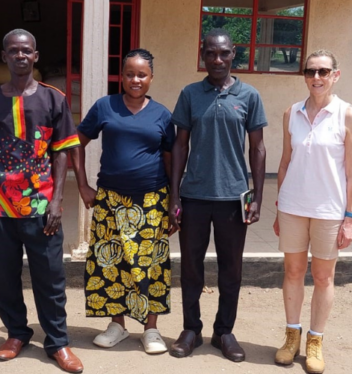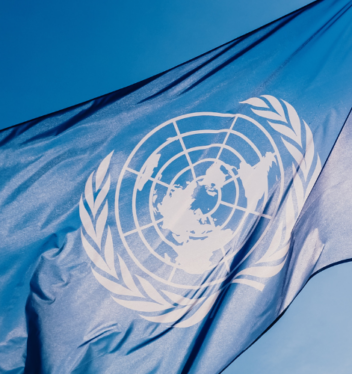Neste’s Commitment to Supporting Aviation Decarbonisation
Neste has been at the forefront of Sustainable Aviation Fuel production for over a decade, claiming the top position with a production capability increasing to 1.5 million tons in early 2024. The company’s commitment is underscored by the fact that its renewable products have successfully reduced greenhouse gas (GHG) emissions of its customers by 11.1 million tons in 2022, equivalent to the annual carbon footprint of over 4 million cars. Neste is actively developing solutions to reduce business travel emissions and working together with ambitious corporates to drive a measurable impact and a genuine commitment to accelerating the decarbonisation of aviation.
The Significance of Sustainable Aviation Fuel
As global air passenger numbers are expected to double by 2040, the aviation industry faces a critical challenge in reducing emissions dramatically. A mere 2%-4% of the global population contributes to the majority of aviation emissions, necessitating radical changes to achieve carbon neutrality ambitions by 2050.
Despite research into various alternative propulsion technologies, the aviation industry relies heavily on liquid jet fuel, predominantly sourced from fossil fuels. SAF offers a more sustainable alternative offering the potential to reduce GHG emissions by up to 80% over the lifecycle compared to using fossil jet fuels. It is expected to deliver around 65% of the emission reductions needed to get to net zero, and collaborative efforts between stakeholders are crucial for the growth of the SAF market.
The ATPI and Neste Partnership
ATPI, with its already innovative carbon measurement, reduction and compensation program, ATPI Halo, not only recognises the evolving nature of sustainability practices but also takes a proactive and agile stance in addressing the unique needs of its clients. ATPI Halo stands out for its adaptability, allowing the tailoring of carbon compensation and reduction solutions to meet the specific requirements of each client. This agility is further heightened by the partnership with Neste in Sustainable Aviation Fuel (SAF).
The collaboration not only aligns with environmental responsibility in air travel but significantly enhances the versatility of carbon reduction solutions for ATPI’s clients. Through ATPI’s partnership with Neste, they enable clients to purchase in-sector emission reductions, and have a single certificate for their investment, rather than trying to manage this administration across multiple carriers and sources. This unique combination of agility and sustainability reinforces the commitment of both companies to a more responsible and customised approach in the journey towards sustainable aviation.
ATPI’s Visit to Neste’s SAF Plant
Highlighting the commitment to direct engagement with all our carbon reduction and compensation providers, Pippa Ganderton, ATPI Halo Product Director, visited Neste’s SAF plant in Rotterdam. This visit underscores the importance of fostering direct relationships with providers, showcasing ATPI’s dedication to ensuring transparency and accountability in its sustainability initiatives.
The firsthand experience at the SAF plant strengthens the bond between the two entities and reinforces their shared vision for a sustainable future.
The partnership between Neste and ATPI marks a significant milestone in the journey towards sustainable aviation. These industry leaders offer organisations an opportunity to actively reduce carbon emissions by purchasing SAF for their business travel. As the global aviation sector grapples with the challenges of achieving Net Zero goals, collaborative initiatives like these pave the way for a more sustainable and responsible future in air travel.









